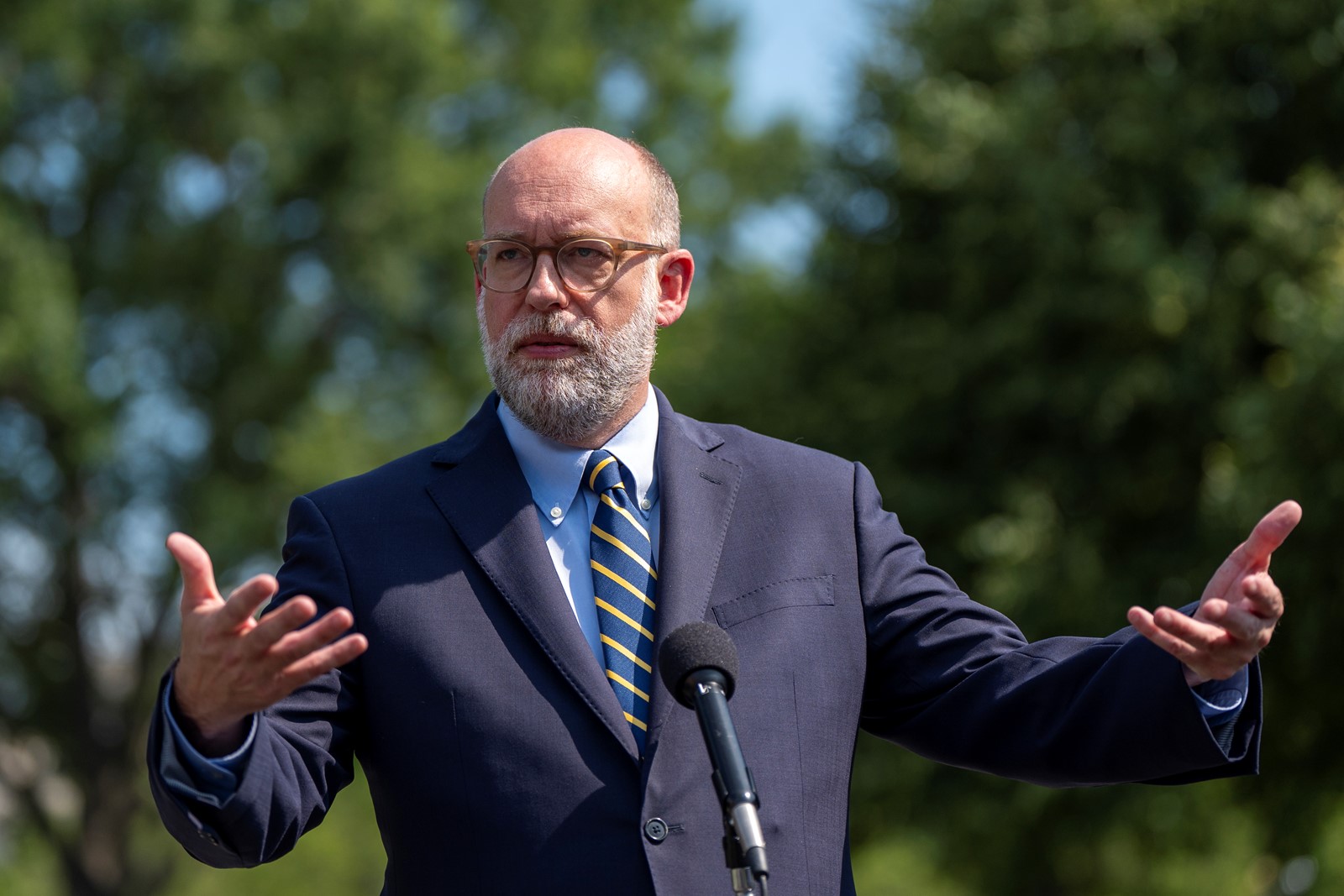
WASHINGTON — The House was expected late Thursday to approve President Donald Trump’s request to claw back about $9 billion for public broadcasting and foreign aid as Republicans target institutions and programs they view as bloated or out of step with their agenda.
The White House had described the package as a test case and said that if Congress went along, more would come. The House’s approval would mark the first time in decades that a president has successfully submitted such a rescissions request to Congress, and even then the results were more mixed. Unlike other presidents, Trump is getting nearly all the cuts he requested.
Opponents voiced concerns not only about the programs targeted, but about Congress ceding its spending powers to the executive branch as investments approved on a bipartisan basis are being subsequently canceled on party-line votes. No Democrats supported the measure when it passed the Senate, 51-48, in the early morning hours Thursday. Two Republicans also voted no.
“We need to get back to fiscal sanity and this is an important step,” House Speaker Mike Johnson, R-La., told reporters.
The package cancels about $1.1 billion for the Corporation for Public Broadcasting and nearly $8 billion for a variety of foreign aid programs, many designed to help countries where drought, disease and political unrest persist.
The effort to claw back a sliver of federal spending comes just weeks after Republicans also muscled through Trump’s tax and spending cut bill without any Democratic support. The Congressional Budget Office has projected that measure will increase the U.S. debt by about $3.3 trillion over the coming decade.
The cancellation of $1.1 billion for the CPR represents the full amount it is due to receive during the next two budget years.
The White House says the public media system is politically biased and an unnecessary expense.
The corporation distributes more than two-thirds of the money to more than 1,500 locally operated public television and radio stations, with much of the remainder assigned to National Public Radio and the Public Broadcasting Service to support national programming.
Lawmakers with large rural constituencies have voiced particular concern about what the cuts to public broadcasting could mean for some local public stations in their state.
Sen. Lisa Murkowski, R-Alaska, said Tuesday that the stations are “not just your news — it is your tsunami alert, it is your landslide alert, it is your volcano alert.”
Less than a day later, as the Senate debated the bill, a 7.3 magnitude earthquake struck off the remote Alaska Peninsula, triggering tsunami warnings on local public broadcasting stations that advised people to get to higher ground.
Among the foreign aid cuts are $800 million for a program that provides emergency shelter, water and family reunification for refugees and $496 million to provide food, water and health care for countries hit by natural disasters and conflicts. There also is a $4.15 billion cut for programs that aim to boost economies and democratic institutions in developing nations.
Democrats say the bill upends a legislative process that typically requires lawmakers from both parties to work together to fund the nation’s priorities.
Triggered by the official rescissions request from the White House, the legislation only needs a simple majority vote to advance instead of the 60 votes usually required to break a filibuster. That meant Republicans could use their 53-47 majority to pass it along party lines.
In the end, two Republican senators, Murkowski and Sen. Susan Collins of Maine, joined with Democrats in voting against the bill, though a few other Republicans also raised concerns about the process.
“Let’s not make a habit of this,” said Senate Armed Services Committee Chairman Roger Wicker of Mississippi, who voted for the bill but said he was wary that the White House wasn’t providing enough information on what exactly will be cut.
Russ Vought, the director of the Office of Management and Budget, said the imminent successful passage of the rescissions shows “enthusiasm” for getting the nation’s fiscal situation under control.
“We’re happy to go to great lengths to get this thing done,” he said during a breakfast with reporters hosted by the Christian Science Monitor.
In response to questions about the relatively small size of the cuts — $9 billion — Vought said that was because “I knew it would be hard” to pass in Congress.
Vought said another rescissions package would likely come soon. “But we’re not there yet,” he said.


 PREVIOUS ARTICLE
PREVIOUS ARTICLE
